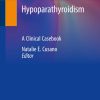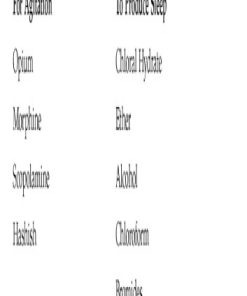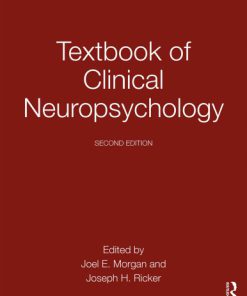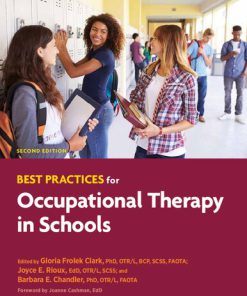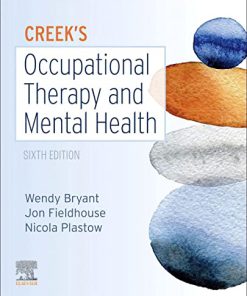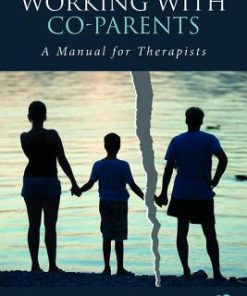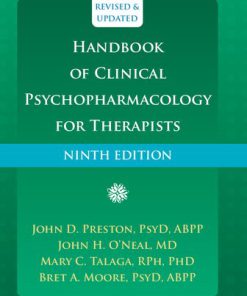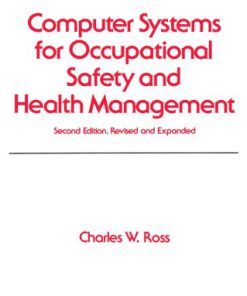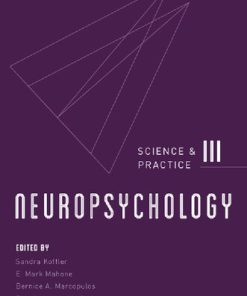Neuropsychology for Occupational Therapists Cognition in Occupational Performance 4th Edition by Linda Maskill, Stephanie Tempest ISBN 1118711300 9781118711323
$50.00 Original price was: $50.00.$25.00Current price is: $25.00.
Neuropsychology for Occupational Therapists Cognition in Occupational Performance 4th Edition by Linda Maskill, Stephanie Tempest – Ebook PDF Instant Download/Delivery: 1118711300, 9781118711323
Full download Neuropsychology for Occupational Therapists Cognition in Occupational Performance 4th Edition after payment
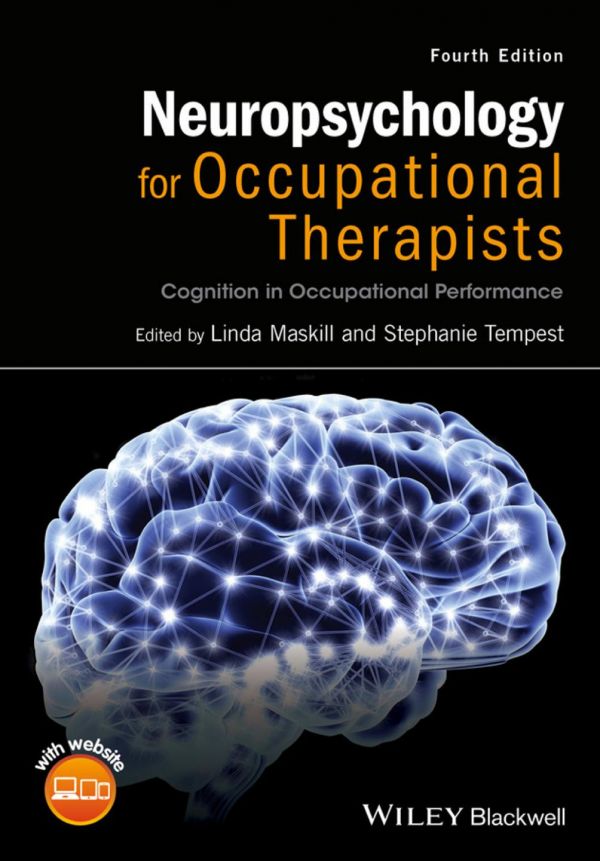
Product details:
ISBN 10: 1118711300
ISBN 13: 9781118711323
Author: Linda Maskill, Stephanie Tempest
Neuropsychology for Occupational Therapists is a bestselling, comprehensive guide to the assessment and rehabilitation of impaired cognitive function and brain damage. Divided into two parts, the first introduces the fundamental role cognition has in occupational performance, before moving on to examine the theoretical frameworks behind cognitive rehabilitation. The second part covers the key components of each cognitive function, including attention, visual perception, movement, memory, and executive functions, and the disorders associated with them.
Revised throughout, this invaluable new edition includes:
- Updated theory and evidence base of neuropsychology
- Frameworks and guidelines for assessment and intervention in practice
- Updated content on attention, memory and executive functions
- A new chapter on cognitive function in later years, and working with people to maintain cognitive health.
Written in a clear and engaging style by an experienced author team of academic occupational therapists, with contributions from expert practising clinicians, it is full of a range of learning features, including case studies, summaries, and reflective activities, as well as for the first time narratives of the lived experience of cognitive impairment. Neuropsychology for Occupational Therapists is essential reading for students, newly qualified practitioners, and all those who work within neuropsychology and cognitive rehabilitation.
Neuropsychology for Occupational Therapists Cognition in Occupational Performance 4th Table of contents:
Part I: Cognition and the Occupational Therapy Process
1 Occupation and Cognitive Rehabilitation
What is Cognition?
The Functional and Social Impact of Cognitive Impairments
The Scope of Cognitive Rehabilitation
Cognitive Rehabilitation and the Role of Occupational Therapy
Cognition, Occupation and the International Classification of Functioning, Disability and Health
Applying Theoretical Frameworks
Putting Knowledge and Frameworks Together
References
2 Assessment and Measuring Change
Introduction to Assessment and Evaluation
Good Practice in Assessment and Measurement
Initial Assessment
Comprehensive Assessment
Key Perceptual and Cognitive Assessments Referred to in This Book
References
3 Intervention for Cognitive Impairments and Evaluating Outcomes
Factors Influencing the Rehabilitation Process
Determining Performance Objectives of Occupational Therapy
Selecting and Using Therapeutic Approaches
Methods and Techniques in Cognitive Rehabilitation
Evaluating the Outcomes of Interventions
Methods
References
Part II: Cognition
4 Cognition: Methods and Processes
What is Cognition?
Methods in Neuropsychology
Overview of Brain Structure and Function
The Cognitive System
References
5 Attention
Components of Everyday Attention
Attention Systems
Impairments of Attention
Suggestions for Assessment and Intervention
References
6 Visual Perception, Recognition and Agnosia
Introduction
Basic Visual Functions
Early Visual Processing
Perceptual Constancy
Motion
Visual Object Recognition
What and Where Pathways
Visual Agnosia
Face Recognition
Prosopagnosia
Stereognosis: Tactile Gnosis
Tactile Agnosia: Astereognosis
Functional Consequences of Agnosias
Suggestions for Assessment and Intervention
References
7 Complex Perceptual Functions: Body Scheme and Agnosia, Constructional Skills and Neglect
Body Scheme
Constructional Skills
Neglect
Suggestions for Assessment and Intervention
References
8 Memory
Introduction
Short‐Term Memory
Long‐Term Memory
Metamemory
Memory Processes
Impairment of Long‐Term Memory
Suggestions for Assessment and Intervention
References
9 Purposeful Movement and Apraxia
Introduction
Terminology in the Apraxia Literature
Models of Praxis
Understanding Apraxia
Suggestions for Assessment and Intervention
References
10 Executive Functions
What are Executive Functions?
Categories of Executive Functions
Neuroanatomy
Models of Executive Function
Routine and Non‐Routine Behaviour
Metacognition
Living with Executive Dysfunction
Suggestions for Assessment and Intervention
References
11 Cognitive Function in the General Population
Introduction and Rationale
Mild Cognitive Impairment
Risk Factors for MCI and Associated Conditions
The Impact of MCI on Function
Maintaining Cognitive Health and Preventing Decline: The Role of Occupations
Evidence for Preventive Action
Is There a Need for Occupational Therapy?
Making Every Contact Count – Promoting Good Physical and Mental Health
Interventions for MCI
Occupational Therapy – Assessment and Intervention in MCI
People also search for Neuropsychology for Occupational Therapists Cognition in Occupational Performance 4th:
neuropsychology for occupational therapists
how to become a neuro occupational therapist
how to become a neurological occupational therapist
are occupational therapists in demand
can an occupational therapist become a psychologist
Tags:
Linda Maskill,Stephanie Tempest,Neuropsychology,Occupational Therapists,Occupational Performance
You may also like…
Uncategorized
Best Practices for Occupational Therapy in Schools Second Edition. Edition Gloria Frolek Clark
Medicine - Therapy
Housekeeping & Leisure - Interior Design & Decoration
Working with Co Parents A Manual for Therapists Mary Jeppsen



